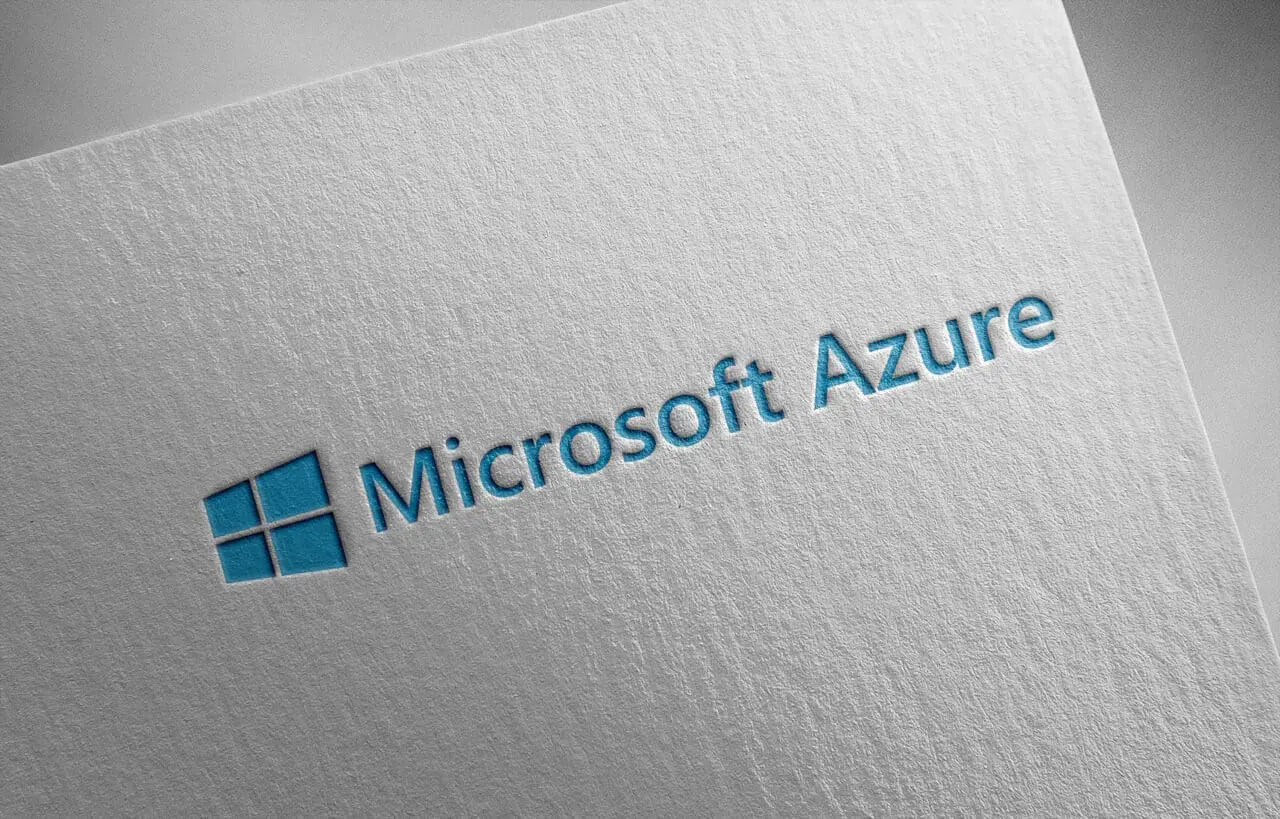

In this insight, we look at what Microsoft Azure is, plus what it offers businesses.
Microsoft Azure (formerly Windows Azure) is Microsoft’s public cloud computing platform. The public cloud refers to cloud computing services offered over the public internet and available to anyone, i.e. the benefits are shared with multiple customers rather than just controlled and used by one (i.e. private cloud). Azure is the second most popular cloud provider globally, lagging behind Amazon Web Services (AWS) yet ahead of Google Cloud Platform (GCP) and IBM. It is used by over 55 per cent of all Fortune 500 companies.
Microsoft’s Azure is also a hybrid cloud – it uses its on-premises datacentre (a private cloud) alongside a public cloud and allows data and applications to be shared between them. Microsoft says its “seamless” hybrid arrangement is on-premises, across multiple clouds, and at the ‘edge.’ Edge computing refers to computing architecture and distributed computing framework where computing and data storage is done near the data source.
Microsoft Azure offers users Infrastructure as a Service (IaaS), Platform as a Service (PaaS), software as a Service (SaaS) and serverless cloud computing.
Within these options, Azure offers a range of services to users from which they can choose or run existing applications in the public cloud. Some of the services that Azure offers include:
– Compute – users can deploy and manage Virtual Machines (VM), containers and batch jobs and support remote application access.
– Mobile – Developers can use these products to help build cloud applications for mobile devices.
– Web – Services support the development and deployment of web applications and features for search, content delivery, API management, notification, and reporting.
– Storage – Scalable cloud storage for structured and unstructured data, big data projects, persistent storage, and archival storage.
– Analytics – Distributed analytics and storage services and features for real-time analytics, big data analytics, machine learning (ML), business intelligence (BI), the internet of things (IoT), and more.
Other Azure services include ‘Networking’ (virtual networking and gateways), ‘Media’ and content delivery network (CDN) such as on-demand streaming, ‘Integration’ for backup and site recovery, ‘Identity’ to help with encryption keys and other sensitive information, the IoT, and ‘DevOps’ software development processes. Also, Azure offers ‘Development’ for app developers, e.g. code sharing, ‘Security,’ AI, and ML services, ‘Containers’ (packages all dependencies of a software component and runs them in an isolated environment), ‘Databases,’ ‘Migration,’ ‘Management’ and governance, mixed reality, ‘Blockchain,’ and ‘Microsoft InTune.’ Third-party software is also available through Azure.
To use all the Azure services, customers sign up for a monthly, pay-as-you-go subscription for one of several different support plans ranging from basic to premier. There are also situations where there is different tiering pricing depending on requirements.
Opinions vary about the comparison. Although Azure’s history of outages has been noted, it is considered to have more functionality and be easier to use than AWS. In addition, it uses familiar technologies like Windows, Active Directory and Linux.
Effective use of the cloud is now important for a wide range of businesses and offers a range of benefits. Microsoft’s Azure offers users a hybrid environment with a wide range of services. It also provides the benefit of familiar technologies and the confidence of the Microsoft brand, plus the fact that it’s the second most popular cloud provider trusted by most Fortune 500 companies. Usage of the cloud offers businesses greater scope, scalability, security, and flexibility. It has become particularly valued with remote and hybrid working, so Azure can provide UK businesses with the tools they need to be more competitive. That said, it’s not the only option, with many companies choosing other big cloud providers like AWS, Google, and IBM.

